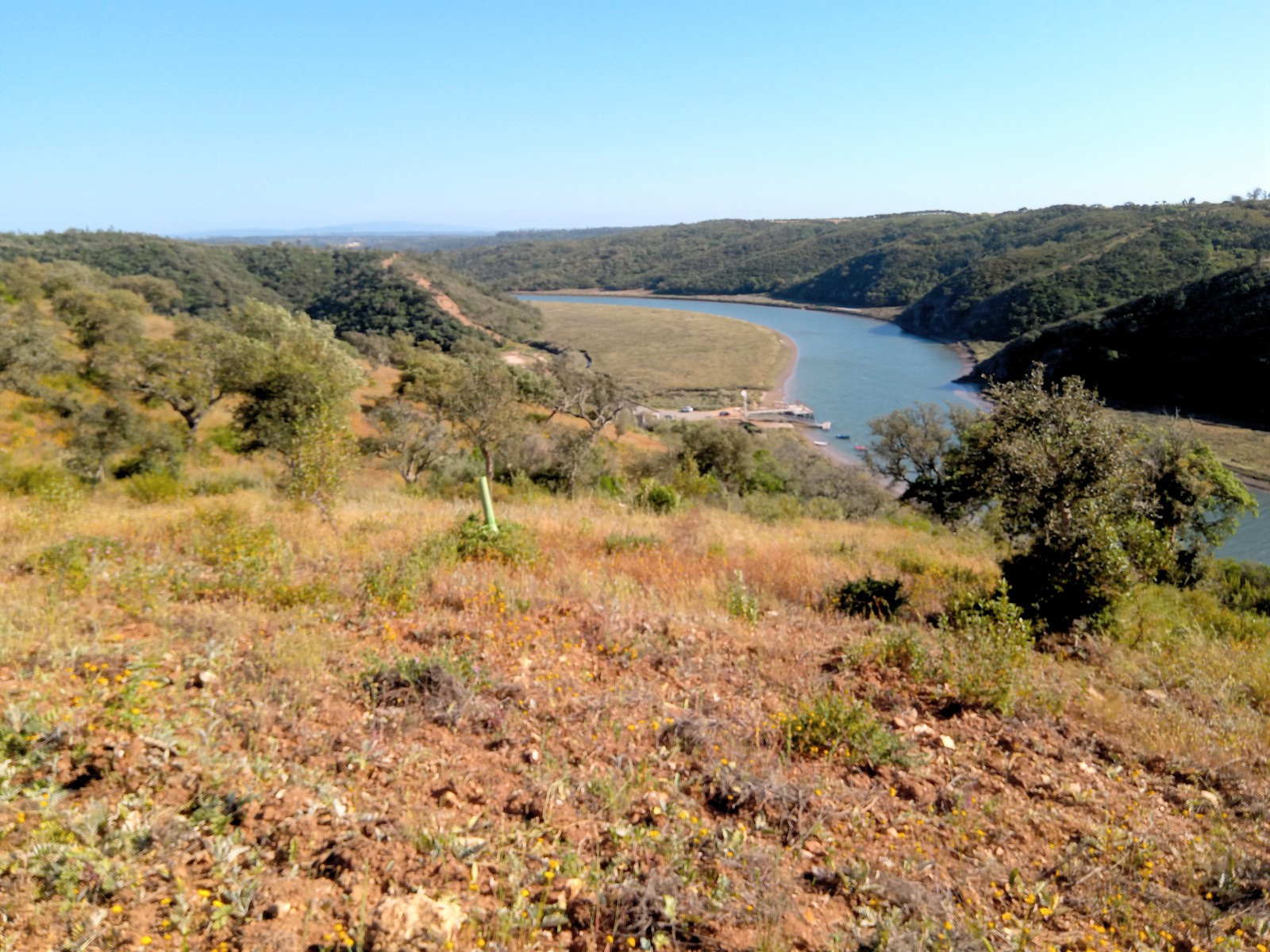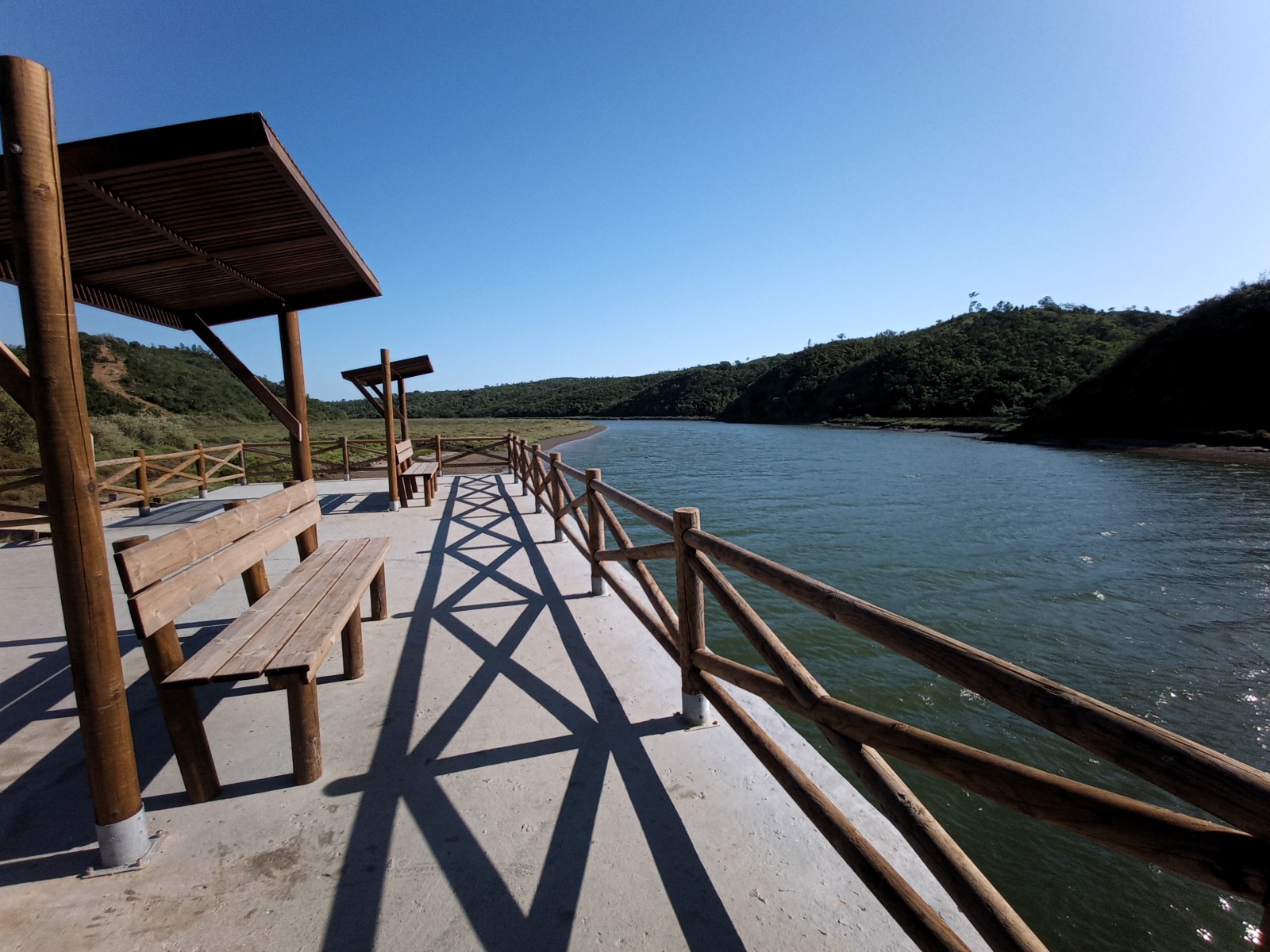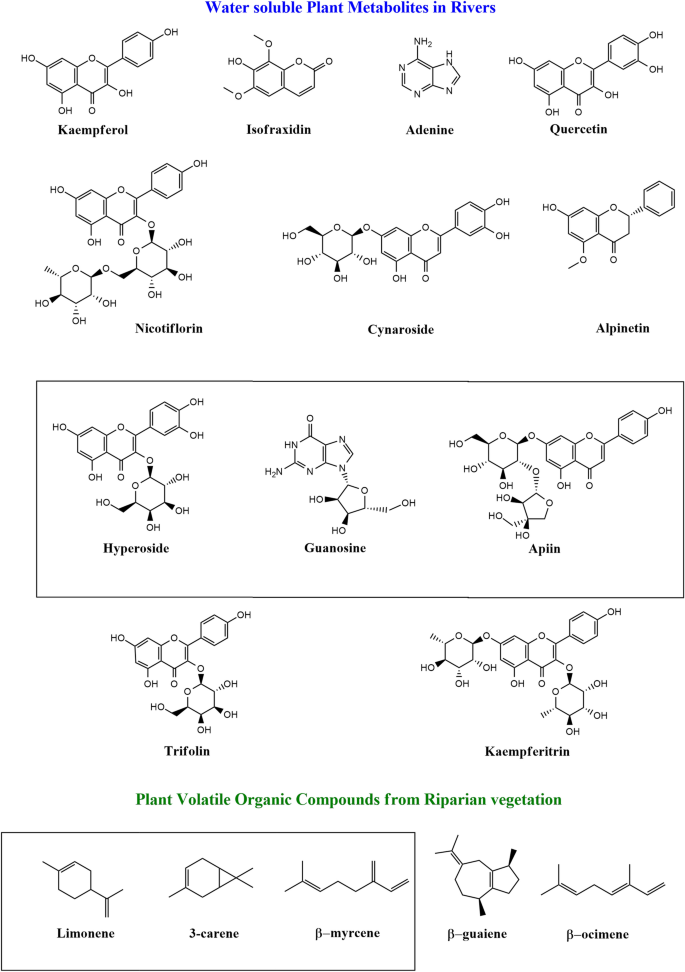River therapy is an emerging concept that emphasizes the healing benefits of rivers on human health. It involves engaging in activities near or in rivers to enhance psychological well-being and treat physical ailments.
The COVID-19 pandemic and subsequent lockdowns have prompted many individuals to seek solace in nature, leading to a surge in activities such as walking, cycling, and swimming. In particular, wild swimming, the practice of swimming in natural rivers, has gained popularity like never before. While the health benefits of bathing in rivers have been recognized since ancient times, recent research sheds light on the positive effects of clean rivers on human well-being. This article summarises research published at the Environmental Chemistry Letters journal, that explores the concept of river therapy and highlights the need to protect and improve the health of river ecosystems.
Declining River Health
Rivers have long been vital sources of food, water, and transportation, as well as popular recreational spaces. However, urbanization, industrialization, and pollution have severely degraded many river ecosystems. Factors such as eutrophication, faecal water contamination, microplastic contamination, and chemical pollution have negatively impacted the quality of river water. As a result, the decline in river health has led to a decrease in recreational activities and biodiversity, affecting the overall well-being of both humans and ecosystems.
River Therapy
Drawing inspiration from the concept of forest bathing, the research paper introduces the idea of river therapy. Forest bathing involves walking in forests to benefit from the healing properties of plant-emitted substances. Similarly, river therapy suggests that walking near or swimming in a river can provide psychological and therapeutic benefits. Relaxing river sounds, biogenic volatile organic compounds emitted by riparian vegetation, and water-soluble plant metabolites found in river waters all contribute to improving human well-being. Therefore, preserving clean rivers and remediating pollution in highly contaminated areas is crucial for enhancing psychological and physical wellness.


Beneficial Plant Chemicals
The research paper examines the phytochemicals released into rivers by riparian vegetation and identifies several compounds that have biomedical potential. Flavonoids and their glycosilated forms, particularly apiin, hyperoside, and guanosine, are abundant in river waters. These secondary plant metabolites, which are produced by various plant species, exhibit essential functions in plant growth and establish ecological relationships with other organisms. The presence of these compounds in rivers suggests their potential therapeutic benefits when inhaled or exposed to the human body.
Healing Psoriasis with Plant Metabolites
Psoriasis, an autoimmune inflammatory skin disease, affects a significant portion of the global population. The research paper highlights the potential of certain secondary plant metabolites found in river waters to alleviate psoriasis symptoms. Isofraxidin, an ingredient detected in rivers, has been identified as part of an effective antipsoriatic herbal drug that inhibits keratinocyte proliferation. Additionally, other plant-derived compounds, such as apigenin and quercetin, show promise as antipsoriatic agents. The therapeutic use of river waters, including cold river bathing, has been observed in some cultures, further supporting the potential benefits of river therapy for psoriasis treatment.

Immunotherapy by Inhaling Volatile Organic Compounds
Riparian vegetation emits various volatile compounds that may offer health benefits similar to forest bathing. Limonene, 3-carene, and β-myrcene are among the most abundant volatile organic compounds released by riparian shrubs. These compounds have shown immunomodulatory, antibacterial, and antiparasitic properties. Limonene, in particular, has demonstrated anti-inflammatory responses and potential effects on virus-infected cells, making it relevant in the context of the COVID-19 pandemic.
Relaxation Therapy
Relaxation techniques can provide relief from pain, stress, and anxiety. Research suggests that incorporating river sounds into psychological therapy can be beneficial. River sounds have been used in relaxation training systems and virtual reality neurofeedback to induce deeper relaxation and reduce anxiety and depression scores. They have also been effective in reducing pregnancy-related anxiety in women with a history of perinatal loss. Additionally, simply watching a river can alleviate psychological stress, as observed in a study conducted during the restoration phase at work in open-space offices.
Conclusion
River therapy offers a holistic approach to healing both psychological stress and physical ailments. The positive effects of clean rivers, riparian vegetation, and natural river sounds on human health are well-documented. However, the degradation of river ecosystems due to pollution and urbanization poses a significant challenge to the potential benefits of river therapy. It is crucial to prioritize the protection and remediation of rivers, especially in densely populated urban areas, to ensure access to clean and healthy river environments for the well-being of individuals. By preserving river ecosystems and improving water quality, we can harness the therapeutic power of rivers and enhance the psychological and physical wellness of communities.
